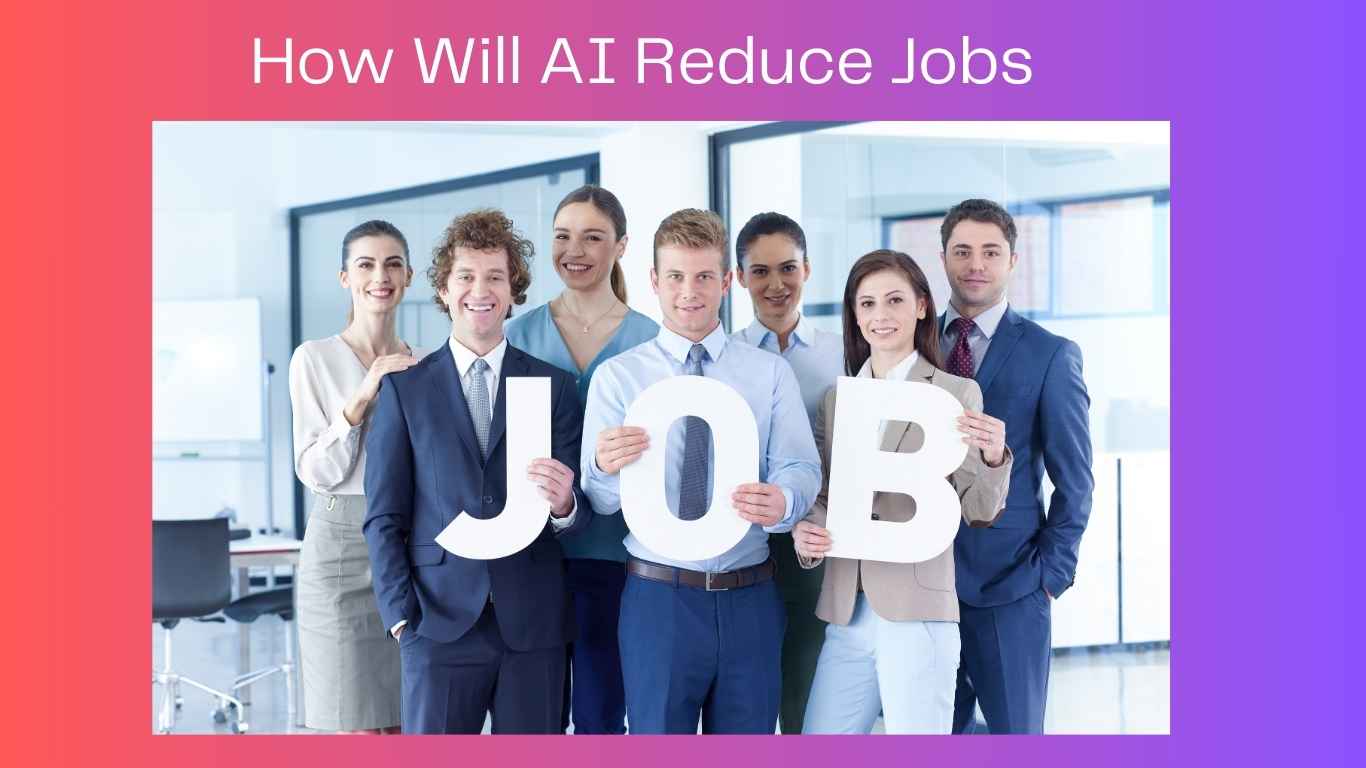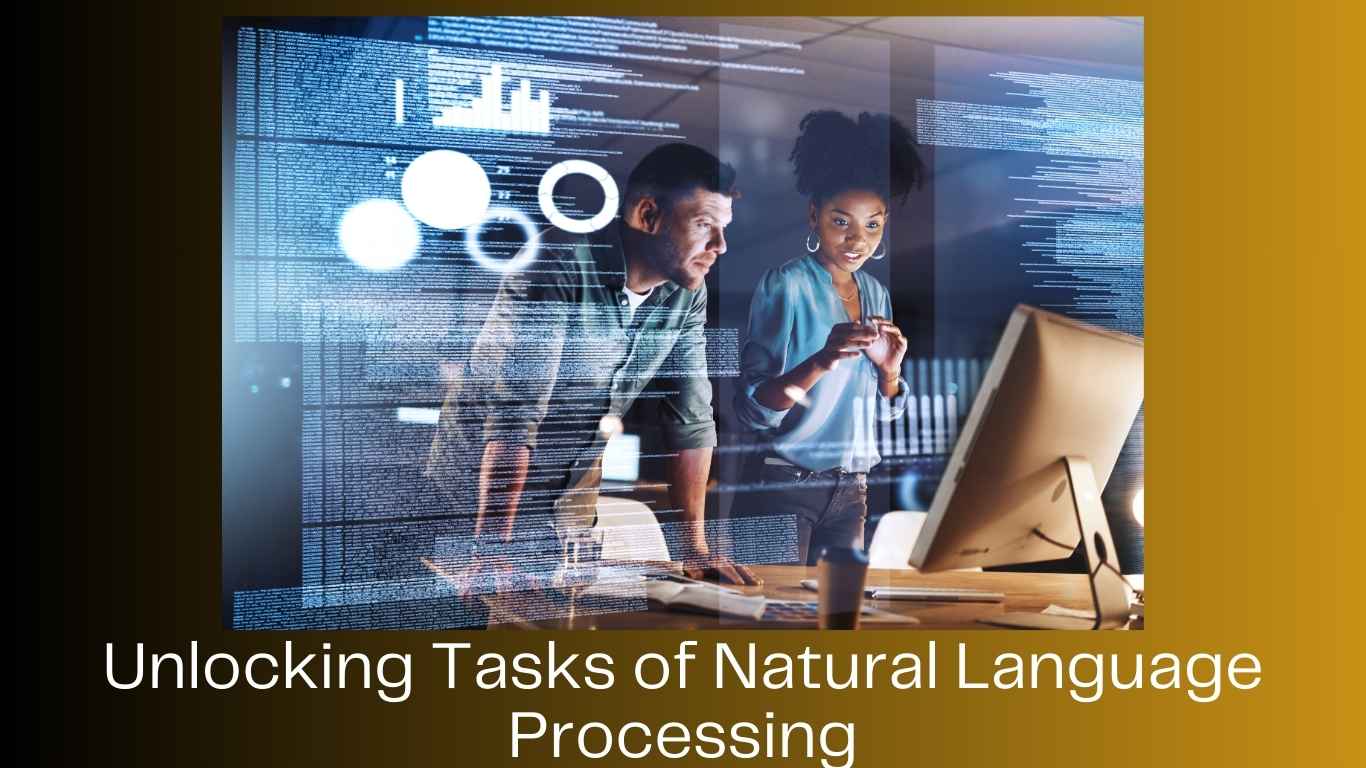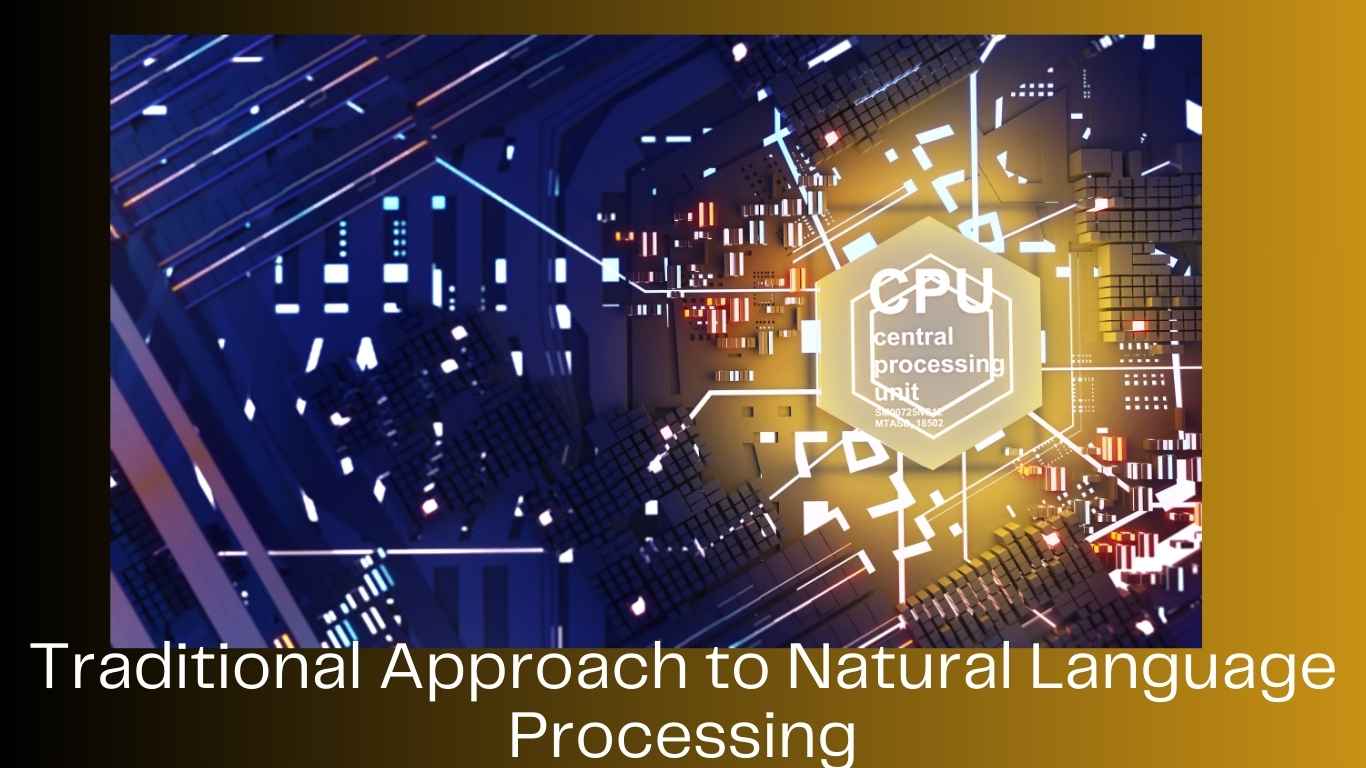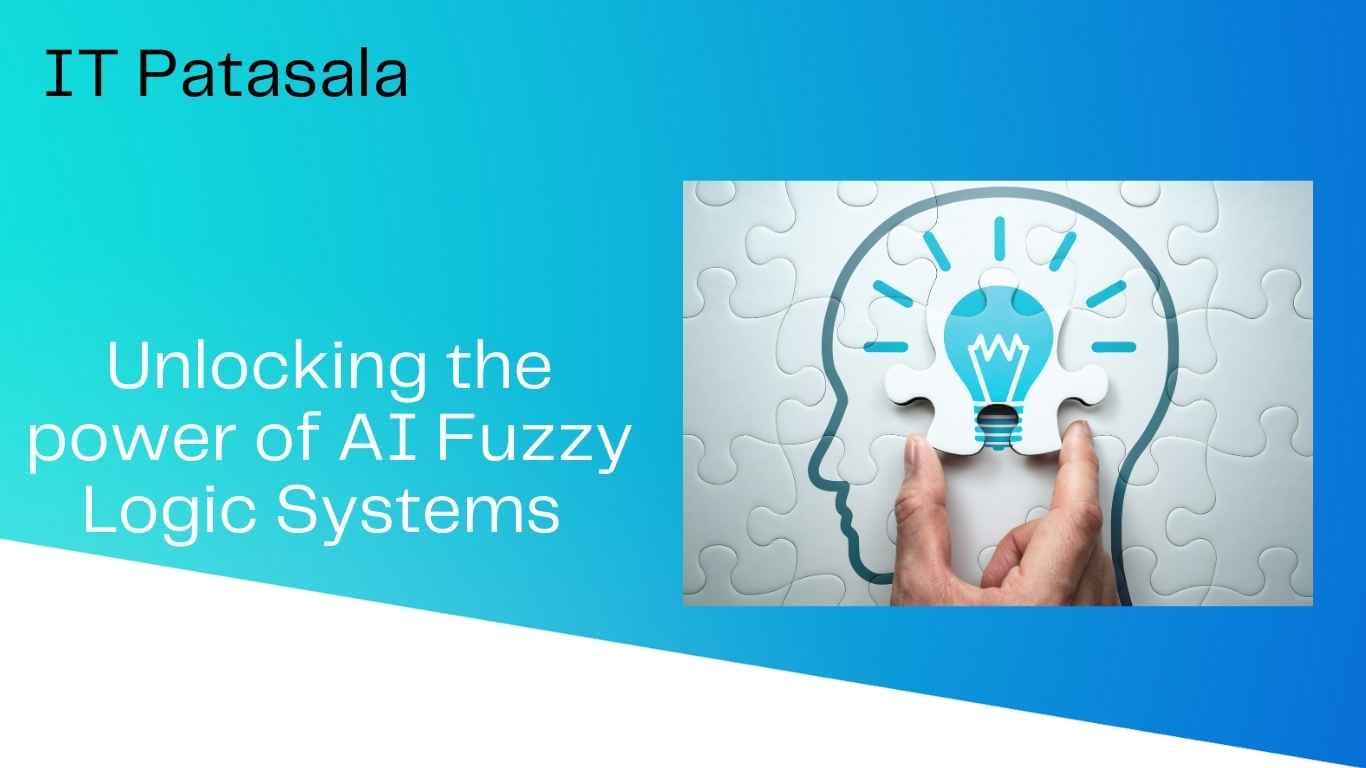How Will AI Reduce Jobs Best Guide in 2025?
🧠 Will AI Reduce Jobs?
With the rise of artificial intelligence (AI), automation, and robotics, one question is sparking debates across boardrooms, classrooms, and dinner tables alike:
Will AI reduce jobs, or will it create new ones?
This question isn’t just hypothetical anymore—AI is already transforming industries like manufacturing, healthcare, customer service, and software development. While it brings innovation and efficiency, it also raises concerns about job security and economic inequality.
In this blog post, we’ll explore the real impact of AI on employment, analyze which jobs are at risk, and uncover what opportunities may emerge in the process. Whether you’re a student, employee, or business owner, this guide will help you understand what lies ahead.
🤖 What Is Artificial Intelligence in the Context of Jobs?
AI refers to computer systems capable of performing tasks that traditionally require human intelligence—like understanding language, recognizing images, learning patterns, or making decisions.
In the workplace, AI can:
- Analyze data faster than humans
- Automate repetitive tasks
- Enhance decision-making with predictions
- Improve customer interactions with chatbots
- Control machinery in manufacturing environments
These abilities make AI an asset—but also a disruptor—for many job roles.
💼 Will AI Reduce Jobs or Replace Humans?
The short answer is: Yes, AI will reduce some jobs—but not all.
But the more accurate picture is nuanced. AI will likely:
- Replace routine and repetitive roles
- Enhance or assist creative and strategic roles
- Create brand-new roles and industries
It’s more a job transformation than a job apocalypse.
📉 Which Jobs Are Most at Risk?
Several reports, including those by the World Economic Forum, McKinsey, and PwC, suggest that certain roles are more likely to be automated than others.
🛠️ 1. Manufacturing and Assembly Line Jobs
Robotics and AI have already changed how factories operate.
- Example: Car manufacturing companies like Tesla and Toyota use AI-powered robots for welding, painting, and assembly.
While some technician jobs remain, many low-skill, repetitive factory roles have been automated.
🧾 2. Data Entry and Administrative Work
AI tools can now read, process, and organize vast amounts of data faster than any human.
- Example: Optical character recognition (OCR) systems process invoices and receipts for accounting firms.
- Software like UiPath and Automation Anywhere automate repetitive back-office tasks.
☎️ 3. Customer Support and Call Centers
Chatbots and AI voice assistants are increasingly handling customer queries.
- Example: Companies like Amazon and HDFC Bank use AI to resolve common customer issues instantly, 24/7.
📰 4. Basic Content Writing and Reporting
AI tools like Jasper, Writesonic, or even ChatGPT can generate:
- News reports
- Product descriptions
- Email templates
These tools aren’t replacing skilled writers, but they reduce the demand for entry-level content creators.
🏦 5. Financial Services and Banking
AI is reshaping the finance world through:
- Algorithmic trading
- Automated loan approvals
- Fraud detection systems
Many traditional analyst and clerk roles are becoming automated.
🧪 What Jobs Are Safe from AI?
Not all jobs are equally at risk. Some require human intuition, emotional intelligence, creativity, or physical dexterity AI can’t yet replicate.
🧑🏫 1. Education and Training
While AI can assist teachers, it can’t replace the empathy, adaptability, and mentorship provided by humans.
- Example: Tutors who adapt to student emotions and learning styles.
🧠 2. Creative Fields
Jobs involving originality, cultural context, and abstract thinking remain safe—for now.
- Artists
- Designers
- Writers (especially in storytelling, branding)
- Filmmakers
AI can imitate, but it cannot innovate.
🧍 3. Healthcare and Human Services
AI aids diagnostics, but patient care still requires a human touch.
- Nurses
- Therapists
- Social workers
- Counselors
These roles rely on trust, empathy, and nuanced judgment.
🧰 4. Skilled Trades
AI cannot easily perform physical jobs that involve unpredictable environments.
- Electricians
- Plumbers
- Carpenters
- Mechanics
These fields demand manual dexterity and real-world problem-solving.
🔄 The Truth: AI Will Replace Tasks, Not Entire Jobs
Most jobs are made up of multiple tasks. AI may automate certain components, while humans still handle others.
Example: A lawyer may use AI to review contracts faster but still negotiate with clients and argue in court.
This creates a hybrid model where AI works alongside humans.
📈 How AI Is Creating New Job Opportunities
While some jobs disappear, AI is creating new industries and roles. According to the World Economic Forum:
“By 2025, AI will displace 85 million jobs—but create 97 million new ones.”
🌐 New AI-Related Roles Emerging
- AI Trainers – People who help AI models learn by labeling data
- Prompt Engineers – Experts who craft effective prompts for large language models
- Ethics Officers – Professionals ensuring AI is used fairly and responsibly
- Machine Learning Engineers – Develop and deploy AI systems
- AI Product Managers – Oversee AI-powered tools and apps
🔍 Real Examples of AI Creating Jobs
- Google DeepMind: Employs AI safety researchers
- Netflix: Uses AI to personalize recommendations, requiring data analysts and model trainers
- Zomato: Uses AI to optimize delivery logistics—creating demand for AI operations specialists
🎓 What Students and Professionals Should Do to Stay Relevant
To prepare for an AI-driven job market:
🧑💻 1. Learn Technical Skills
- Python, R, SQL
- Machine Learning and AI Fundamentals
- Data Visualization (Power BI, Tableau)
🎨 2. Strengthen Human-Centric Skills
- Creativity
- Empathy
- Communication
- Leadership
These are AI-proof soft skills.
🧠 3. Become Adaptable and Continuous Learners
AI evolves fast. Stay curious. Take online courses. Read industry trends.
Lifelong learning is the new career insurance.
🌍 Economic and Social Impacts of AI-Driven Job Reduction
Job loss due to AI can lead to:
- Income inequality
- Psychological stress (fear of redundancy)
- Disruption of traditional labor markets
But it can also lead to:
- Shorter work weeks
- More creative, fulfilling roles
- Higher productivity
Governments and companies must plan reskilling and upskilling initiatives to avoid a crisis.
🏛️ What Governments and Organizations Can Do
- Invest in digital education
- Offer AI and automation certifications
- Promote ethical AI usage
- Create social safety nets for displaced workers
Countries like Singapore, Canada, and Germany are already doing this successfully.
✅ Final Verdict: Will AI Reduce Jobs?
Yes, AI will reduce certain jobs—especially those that are repetitive and rule-based. But it will also:
- Create new industries
- Make jobs more efficient
- Shift the demand toward creativity, strategy, and human interaction
The future of work is not man vs machine—it’s man + machine.
So, instead of fearing AI, we should embrace it, learn it, and grow with it.




